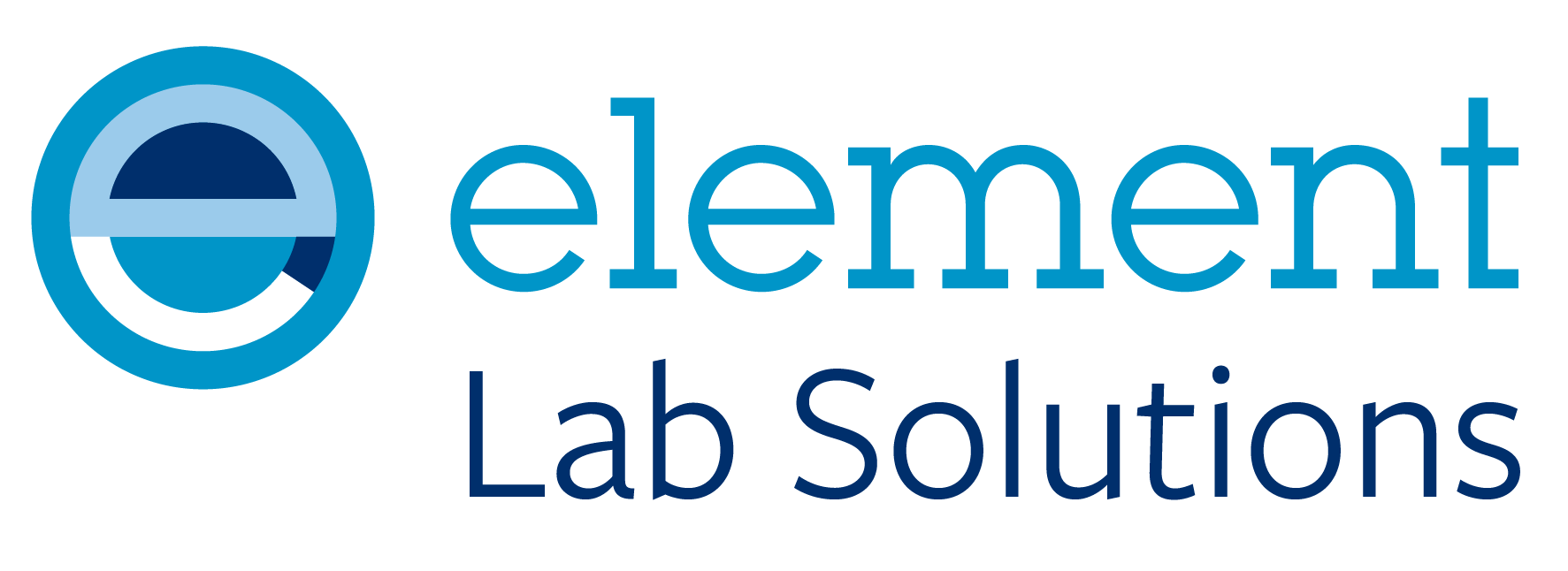LC-MS FOR THE CHROMATOGRAPHER
TRAINING COURSE
We have distilled critical knowledge of liquid chromatography and mass spectrometry into an interactive course.
Learn the absolute essentials of LC-MS and implement new knowledge and ideas immediately using our unique multi-media examples and tutorial exercises.
The atmospheric pressure interface (API) is the core element of the course with the principles of operation, limitations and applicability fully explored.
The course covers ion suppression, the use of electrospray or APCI and MS-MS data acquisition modes. Optimisation of interface and mass filter settings and how to best utilise the LC to speed up sample throughput will be discussed.
All popular interface types and mass analysing equipment (quadrupole, TOF, ion trap, etc.) are comprehensively covered. Find out more below, or contact us for additional information.
Users of LC-MS and LC-MS-MS equipment, or anyone interested in learning the analytical capabilities afforded by this type of instrument.
LC-MS FOR THE CHROMATOGRAPHER COURSE DETAILS
- How modern API designs work and which one best fits your LC and application requirements
- How ions are produced and how to optimise LC mobile phase and interface parameters to achieve the highest sensitivity, accuracy and reproducibility
- The anatomy and working principles of quadrupoles, ion traps, time-of-flight detectors and more
- The information that can be acquired in MS, MS-MS and MSn modes, and how to optimise instrument settings for high data quality
We offer flexible delivery options for this instructor-led course:
- On-site: one full-day session at your laboratory or any location of your choice.
-
Online: two half-day interactive sessions.
View our online training calendar for upcoming dates.
No previous knowledge of mass spectrometry is necessary, but an understanding of the fundamentals of liquid chromatography is beneficial.
-
Solution Chemistry
- LC vs MS sample considerations
- Effect of pH
- Buffers
-
Ionisation
- The API source
- Electrospray - principles & practice
- APCI - principles & practice
- Source maintenance
- Useful application examples
-
Instrumentation
- Ion Lenses
- Cone voltage fragmentation (IS-CID)
- Contamination and Cleaning
- Vacuum Systems
-
Mass Analysers
- Quadrupole theory
- AMU Gain and Offset
- Triple Quadrupole
- Ion Traps
- Time of Flight (TOF)
- Orbitrap
-
Tuning and Calibration
- Tune Mixes
- Positive / Negative Mode
-
LC-MS/MS Data Acquisition Modes
- Scan vs SIM
- Product ion scanning
- Precursor ion scanning
- Choosing precursor ions
- Constant neutral loss
- Data-dependent scanning
- Introduction to MS interpretation
- Establishing MRM method parameters




